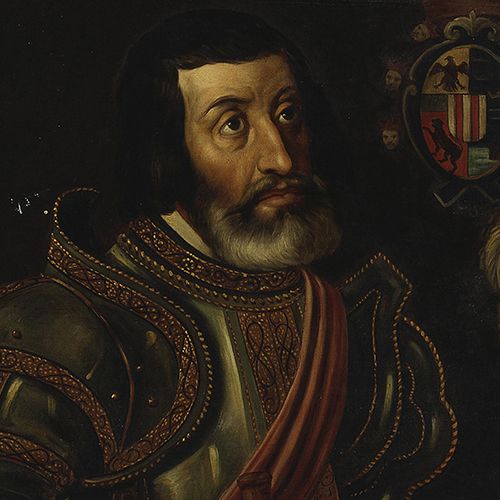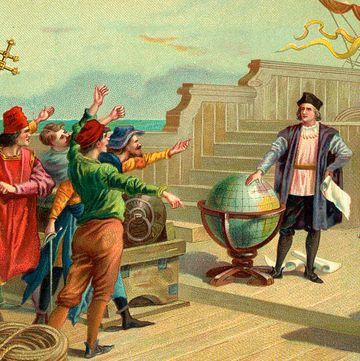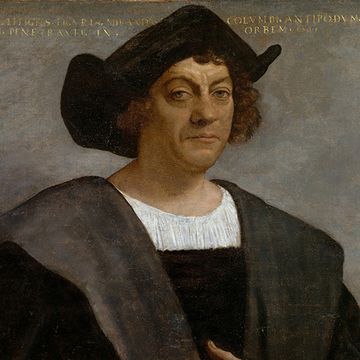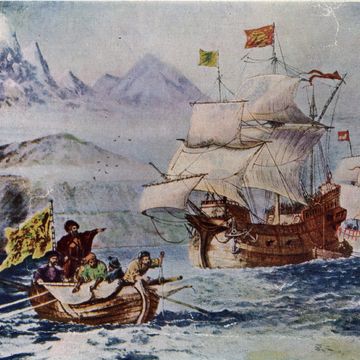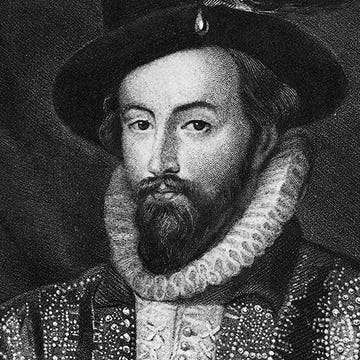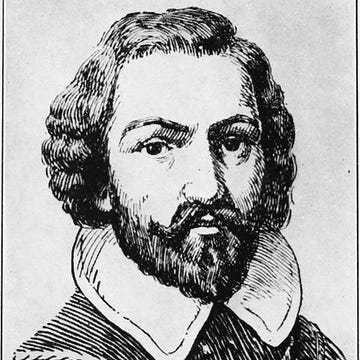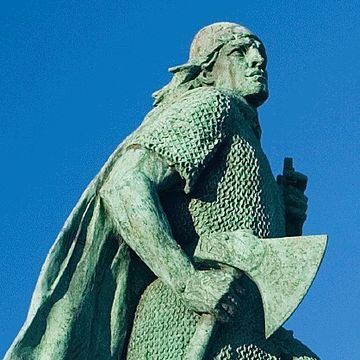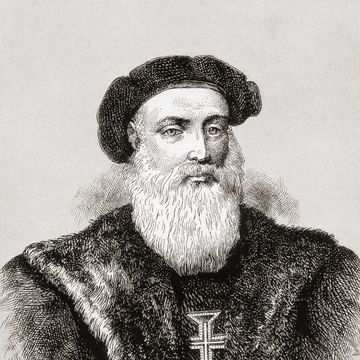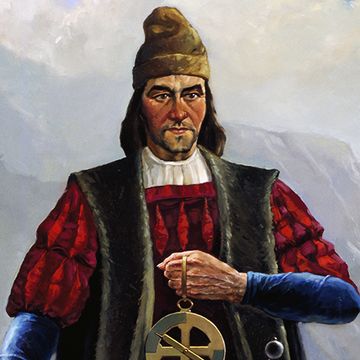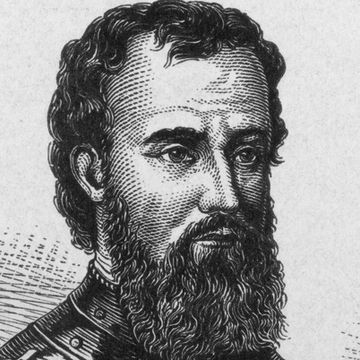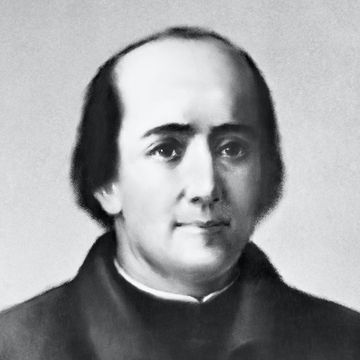(1485-1547)
Who Was Hernán Cortés?
Born around 1485, Hernán Cortés was a Spanish conquistador and explorer who defeated the Aztecs and claimed Mexico for Spain.
He first set sail to the New World at the age of 19. Cortés later joined an expedition to Cuba. In 1518, he set off to explore Mexico.
Cortés strategically aligned some Indigenous peoples against others and eventually overthrew the vast and powerful Aztec empire. As a reward, King Charles I appointed him governor of New Spain in 1522.
Early Life
Cortés, marqués del Valle de Oaxaca, was born around 1485 in Medellín, Spain. He came from a lesser noble family in Spain. Some reports indicate that he studied at the University of Salamanca for a time.
In 1504, Cortés left Spain to seek his fortune in New World. He traveled to the island of Santo Domingo, or Hispaniola. Settling in the new town of Azúa, Cortés served as a notary for several years.
He joined an expedition of Cuba led by Diego Velázquez de Cuéllar in 1511. There, Cortés worked in the civil government and served as the mayor of Santiago for a time.
Aztec Empire
In 1518, Cortés was to command his own expedition to Mexico, but Velázquez canceled it. In a mutinous act of defiance, Cortés ignored the order, setting sail for Mexico with more than 500 men and 11 ships that year.
In February 1519, the expedition reached the Mexican coast. By some accounts, Cortés then had all his ships destroyed except one, which he sent back to Spain. This brazen decision eliminated the possibility of any retreat.
Cortés became allies with some of the Indigenous peoples he encountered, but with others, he used deadly force to conquer Mexico. He fought Tlaxacan and Cholula warriors and then set his sights on taking over the Aztec empire.
He marched to Tenochtitlán, the Aztec capital and home to ruler Montezuma II. After being invited into the royal palace, Cortés took Montezuma hostage and his soldiers plundered the city.
But shortly thereafter, Cortés hurriedly left the city after learning that Spanish troops were coming to arrest him for disobeying orders from Velázquez.
After fending off the Spanish forces, Cortés returned to Tenochtitlán to find a rebellion in progress, during which Montezuma was killed. The Aztecs eventually drove the Spanish from the city, but Cortés returned again to defeat them and take the city in 1521, effectively ending the Aztec empire.
In their bloody battles for domination over the Aztecs, Cortés and his men are estimated to have killed as many as 100,000 Indigenous peoples. King Charles I of Spain (also known as Holy Roman Emperor Charles V) appointed him the governor of New Spain in 1522.
Later Years and Death
Despite his decisive victory over the Aztecs, Cortés faced numerous challenges to his authority and position, both from Spain and his rivals in the New World. He traveled to Honduras in 1524 to stop a rebellion against him in the area.
In 1536, Cortés led an expedition to the northwestern part of Mexico, in the process exploring Baja California and Mexico's Pacific coast. This was to be his last major expedition.
Back in the capital city, Cortés found himself unceremoniously removed from power. He traveled to Spain to plead his case to the king, but he was not reappointed to his governorship.
In 1541, Cortés retired to Spain. He spent much of his later years desperately seeking recognition for his achievements and support from the Spanish royal court. Wealthy but embittered from his lack of support and acclaim, Cortés died in Spain in 1547.
QUICK FACTS
- Name: Hernán Cortés
- Birth Year: 1485
- Birth City: Medellín
- Birth Country: Spain
- Gender: Male
- Best Known For: Hernán Cortés was a Spanish conquistador who explored Central America, overthrew Montezuma and his vast Aztec empire and won Mexico for the crown of Spain.
- Industries
- Politics and Government
- War and Militaries
- Nacionalities
- Spanish
- Death Year: 1547
- Death date: December 2, 1547
- Death City: Castilleja de la Cuesta
- Death Country: Spain
Fact Check
We strive for accuracy and fairness. If you see something that doesn't look right, contact us!
QUOTES
- I love to travel, but hate to arrive.
- He travels safest in the dark night who travels lightest.
- Better to die with honor than live dishonored.
